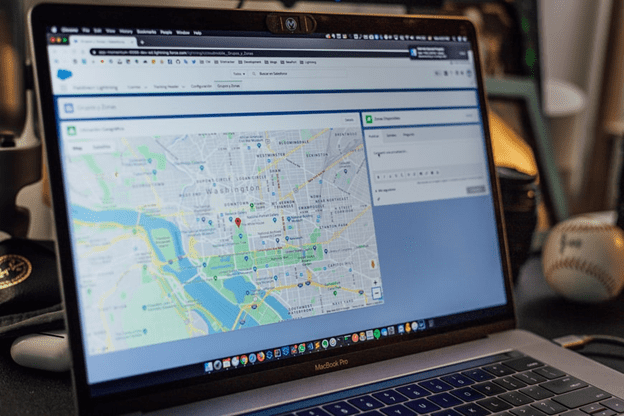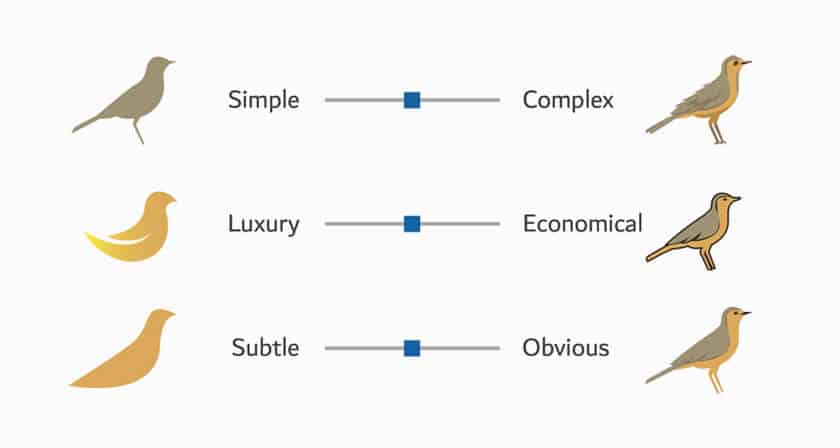Google Maps has been ranking based on the name of a business, which means that some spammy businesses have been ranked higher than others. Your local search rankings also factor into where you rank online. It turns out there’s more to consider other than just what appears in front page results! Blogging influences Local Organic rankings but not directly. Last year, Google’s neural matching algorithm was evidence of their desire for more local signals in search engine results pages (SERPs).
Google Maps marketing is quickly becoming one of the most popular ways to localize your business. Appearing at or near the top for three-pack listings, including those that show up in searches on Google Maps’ search bar, can give you an edge over competitors who aren’t as well known. Google Map SEO optimization is one of the most valuable and effective ways to invest in local SEO marketing. As a result, using map-specific strategies can help your business get more traffic from Google than ever before!
What is Google Maps Ranking?
Google Maps is a powerful online marketing tool that can help you navigate, address storage, and more. Google Maps allows users to search for nearby businesses and plan visits on their mobile devices. This powerful feature makes it easy for companies that advertise through this platform, as they can be found at any time with just one click! The Google Search team is always looking for new ways to help local users find what they need in their area. They’ve recently started including reviews, hours, and location of businesses on Maps searches so that people can decide if it’s worth going out or not without having any idea about how difficult finding this information was beforehand! More than half of internet users now look for local businesses or information via their mobile device when they use the Google search function, so you need an optimized website to succeed today! With more and more people using smartphones, it is vital to make your site accessible on the go.
Ranking refers to how high or low search results from your business appear. Google Maps ranks businesses and lists them just like a regular Google web search. Still, it’s important not to think that simply creating an account with good enough keywords will automatically bring you, new customers, because other factors are at play here, including proximity and content!
Is Blogging Worth The Effort For Your Site’s Google Map SEO?
Google prioritizes expert content that provides the best answer to a user’s question. This means you can rank higher in search engine results pages (SERPs) if your blog offers valuable information on topics related to what people are searching for, and it also helps create an engaging experience where readers feel like they received great info from someone that knows their stuff!
If you’re looking for ways to improve your company’s online presence, the search engine results page (SERP) must see all this information. If a customer needs assistance with anything and can find answers on blogs like these- Google will quickly lift them in ranking, which places their question at the top spot – often making them appear as featured snippets!
Search engines love when sites have updated, authoritative content that answers queries with expert information. However, conducting keyword research is essential to building that authority on your site, and new posts should always include keywords related to the questions you’re trying to answer.
Guest blogging is an excellent strategy for building and acquiring backlinks. Your guest post should include links to your site, which will help pass authority since they’re passed through natural sources like bloggers or forums instead of paid ads on social media sites such as Facebook Ads Manager (a la Google Ads). So, if you get quality content from an appropriate source with this type, promote it well, because Google sees these posts differently than other web pages when looking at search engine results pages!
Gaining Your Marketing Value from Google Maps
Google Search Engine Results pages always display the lists of local maps depending on users’ location and keyword search. For example, if you were to look up’ digital marketing Auckland’, then Google would show some geographically relevant results with a map for this particular area because it takes into account where they are being searched from by using geo-modifiers in queries like “find me places closeby” or even just showing tabs related specifically towards “transport options near my current location”!
Things to Note
This may be a great time to mention that Google Maps has been filtering blog post content. The relevancy filter may be buggy, or you have spent up with rankings using this strategy and now need them on your side, so maybe don’t write spammy keyword articles in hopes of ranking!
Creating blog posts that are both useful and entertaining is an excellent way to draw in more traffic. You can use your creativity for different purposes, like a bathroom remodeling contractor who creates blogs on tech trends or someone specializing in pediatrics writing about the results from one particular study they recently conducted!
The importance of blogging cannot be overstated. Local SEO consultants should research beforehand when advising clients about the benefits of posting content optimized for search engines every few weeks, such as increased traffic and rankings in Google’s SERPs.
Methodology
Summary
In an attempt to reduce spammers’ ability, Google Maps uses content on blogs linked to businesses’ websites to rank higher and appear more trustworthy. Via My Business Insights, it can be seen that many listings have been improving upon their ranking after implementing this new strategy by means such as adding additional information about themselves or removing spammy reviews from competitors who don’t deserve any recognition at all because no one goes there!
Local business websites that produce this type of well-structured material may notice an increase in ranking relevant pages either recently or near future due to credit for their efforts from search engines like Google. They are beginning to see how great these posts are! If you’re not already creating high-quality, compelling content on your blog, then start now!
Final Take
It’s a well-known fact that the more content you accumulate, the higher up in search rankings you will be. If people are looking for information on specific topics and come across one or two blog posts related to those subjects, their minds have been completely satisfied without having wasted time scrolling through pages upon end, hoping something interesting pops out at them!
About the Author
Ritu from PageTraffic is a qualified Google Adwords Professional and Content Head at PageTraffic. She has been the spearhead for many successful SEO Campaigns and currently oversees the Content Marketing operations of PageTraffic India. The 15 Best Technical SEO Tools Every Webmaster Should Know!
This content was originally published here.


